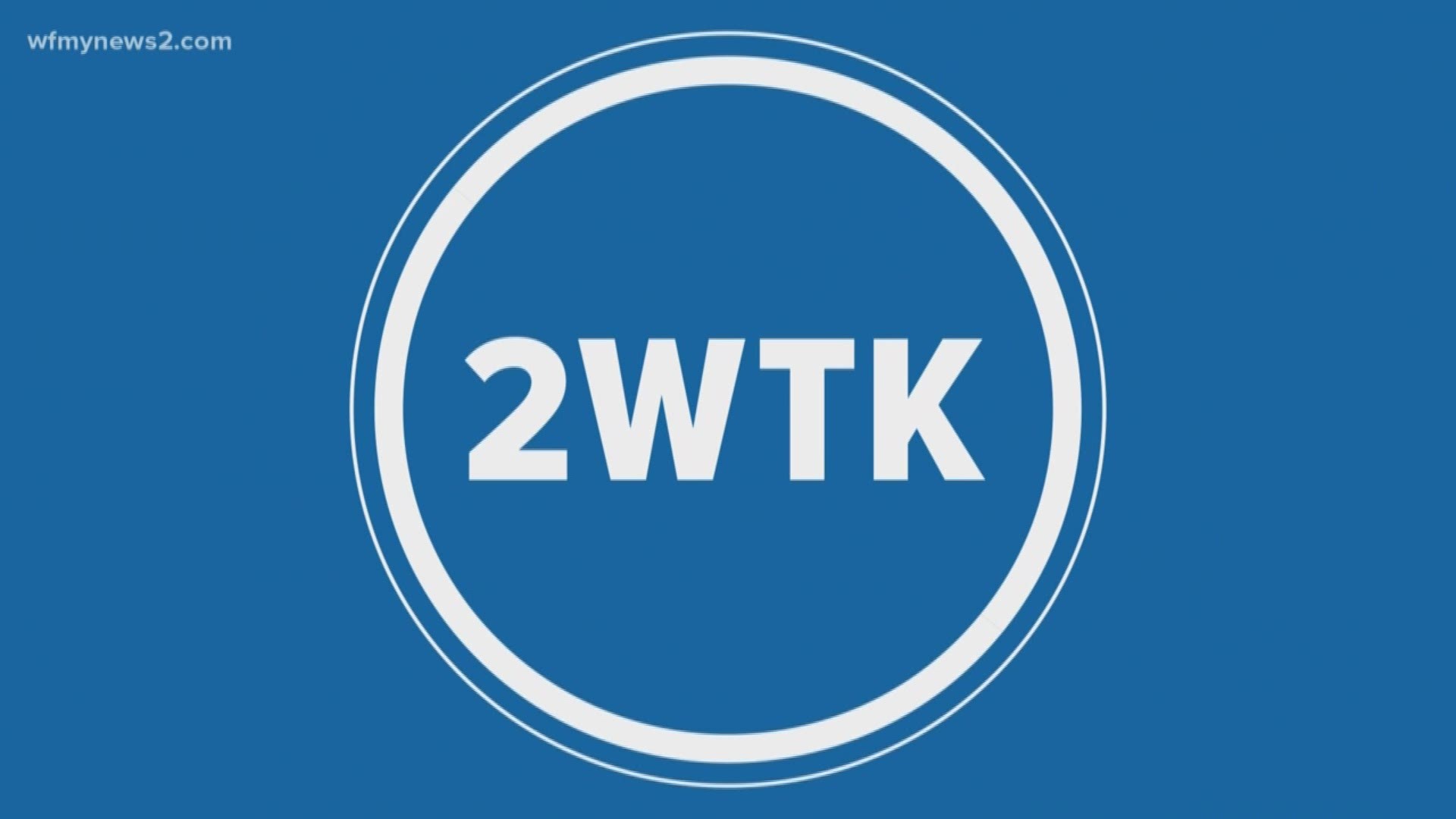Hearing aids are pricey—Consumer Reports members typically spent $2,588 out-of-pocket for these devices, according to our recent survey. And you probably won't get much relief from your health insurance company, because hearing aids tend to be poorly covered.
Buying hearing aids can also be complicated, given the wide range of considerations when you're shopping, including battery life, fit, sound clarity, and more.
Our newly updated hearing aid brand ratings, based on exclusive survey data from 17,626 CR members, can help ensure that you spend your money wisely.
Our hearing aid brand ratings cover 16 companies: AGX Hearing, Audibel, Beltone, Bernafon, Kirkland, Liberty, Miracle Ear, NuEar, Oticon, Phonak, ReSound, Rexton, Signia, Starkey, Unitron, and Widex. (Some members also rated types of hearing aid retailers—such as wholesale clubs—and individual retailers.)
In our brand survey, CR members weighed in on their satisfaction with their hearing aids in three ways: overall; based on different characteristics, such as battery life and reliability; and how they performed in different situations, such as talking in small groups.
Here's what we found about brands and retailers, and what to keep in mind when you're shopping for hearing aids.
Costco Rates High for Value
More than 6 in 10 members said they were completely or very satisfied with their hearing aids.
But the survey reveals some differences from brand to brand. Costco’s in-house brand of hearing aids, Kirkland, landed at the top of the ratings, with a reader score for Overall Satisfaction of 76 (out of 100), followed closely by the Signia brand, at 75. NuEar and Beltone ended up at the bottom of the ratings chart, with a score of 67.
Costco's Kirkland brand was the only brand to receive top marks from members for value, which we defined as satisfaction with a hearing aid’s performance vs. its cost.
Rexton also received high marks for value, but the other brands got average to low scores.
Value is an important factor to consider, because it is the strongest predictor of members’ overall satisfaction with their hearing aids.
Insurance Coverage Is Not a Given
As you may already know if you've shopped for hearing aids, insurance for these devices is often spotty, and some insurers offer no coverage at all.
In our survey, more than half of the 15,558 members who reported on the retailers where they bought hearing aids said insurance covered none of their initial costs.
Hearing Aid Pricing
When it comes to prices, Costco stands out not only for its Kirkland brand but also for the many other hearing aid brands it sells, according to the 4,391 CR members who rated individual retailers.
In fact, Costco is by far the most popular individual hearing aid retailer in our survey. And it is the only retailer to obtain top marks for price transparency and its selection of price plan options.
For those who qualify, the Veterans Administration is also a good option. It topped our chart of retailer types.
Our ratings of hearing aid retailers include, in alphabetical order, Audibel, Beltone, Connect Hearing, Costco, HearUSA, Miracle-Ear, Sam’s Club, and Starkey Store.
What Matters When Using Hearing Aids
Price aside, Oticon, Phonak, and Widex got high marks for fit and comfort, while the other brands we rated received average scores.
All the brands received high marks for ease of changing or charging their battery and average to high marks for reliability and visibility to others. But for battery life, brands such as Audibel, AGX Hearing, Beltone, and NuEar fared less well than the others we rated.
The Kirkland, Signia, and ReSound brands received high marks for some of the situations in which people commonly use hearing aids: while listening to the TV or radio and talking on a cell phone.
Most brands (except for Beltone, Bernafon, Starkey, and NuEar) received average scores for use when talking in small groups. But all the brands got low marks when used for one-on-one conversations in noisy places.
Last, if you’re trying to decide which features you may want in hearing aids, CR members also reported on what they consider some of the most important ones.
Rechargeable batteries—the most frequently chosen feature—topped the list. This was followed by smartphone capabilities, tinnitus masking, automatic switching/adjustment to level of noise in the room, and multiple program settings. The latter lets you optimize aids for different environments you may be in, like a busy restaurant or a quiet room.
Editor's Note: This article is based on a Consumer Reports survey conducted between April 20 and June 18, 2018.

